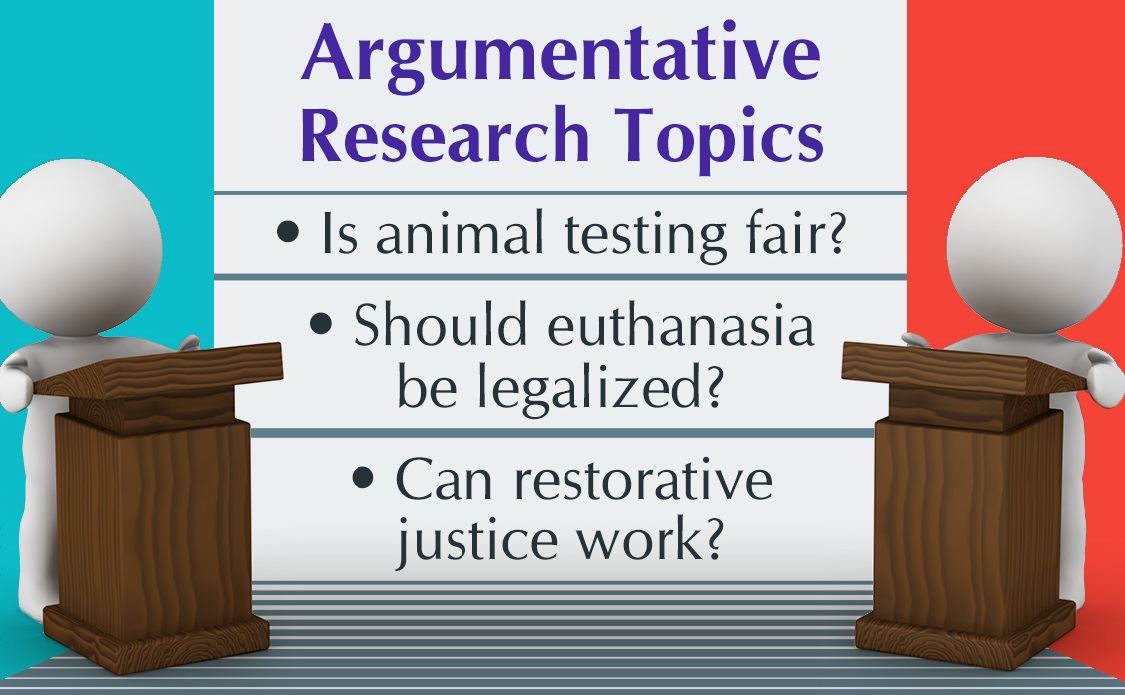How is maternal mitochondrial DNA inherited?
How is maternal mitochondrial DNA inherited?
It’s well known that the transfer of mitochondrial DNA from mother to offspring, often called maternal inheritance, occurs in humans and most multicellular organisms. You inherited your mitochondrial DNA from your mother, who inherited hers from her mother and so forth.
Why is maternal inheritance observed in mitochondrial?
Maternal inheritance of mitochondrial DNA (mtDNA) is generally observed in many eukaryotes. In autophagy-defective zygotes, paternal mitochondria and their genomes remain even in the larval stage. Therefore, maternal inheritance of mtDNA is accomplished by autophagic degradation of paternal mitochondria.
What is a maternal mitochondrial inheritance pattern?
The mitochondrial mode of inheritance is strictly maternal, whereas nuclear genomes are inherited equally from both parents. Therefore, mitochondria-associated disease mutations are also always inherited maternally.
Do mothers pass on mitochondrial DNA?
Mitochondria also contain a tiny amount of DNA—mitochondrial DNA, mtDNA —which makes up only 0.1% of the overall human genome, but is passed down exclusively from mother to offspring.
What are the features of mitochondrial inheritance?
The mitochondrial chromosome is much smaller. It is round (whereas the chromosomes in the nucleus are shaped like rods). There are many copies of the mitochondrial chromosome in every cell (whereas there is normally only one set of chromosomes in the nucleus).
Is the mitochondria and mtDNA only maternally inherited?
Although there has been considerable debate about whether paternal mitochondrial DNA (mtDNA) transmission may coexist with maternal transmission of mtDNA, it is generally believed that mitochondria and mtDNA are exclusively maternally inherited in humans.
Is there biparental inheritance of mitochondrial DNA in humans?
In this paper, we have uncovered multiple instances of biparental inheritance of mtDNA spanning three unrelated multiple generation families, a result confirmed by independent sequencing across multiple unrelated laboratories with different methodologies.
Can a paternal mtDNA be passed to an offspring?
Our results suggest that, although the central dogma of maternal inheritance of mtDNA remains valid, there are some exceptional cases where paternal mtDNA could be passed to the offspring.
Is the Hae 2 polymorphism maternal or paternal?
The Hae II polymorphism was analyzed through all three generations in both the maternal and paternal lines. The results of this study demonstrate that human mitochondrial DNA is maternally inherited.
